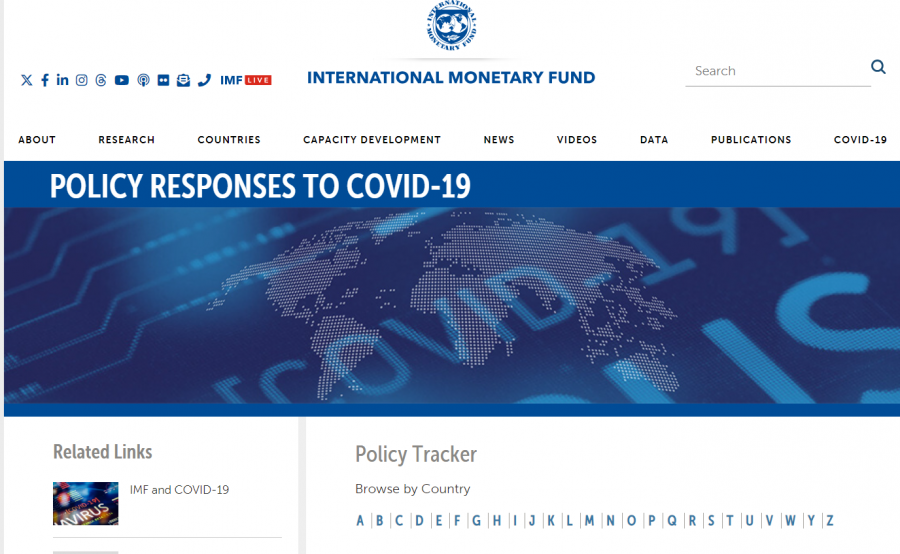Accurate measurements and data analyses are invaluable throughout healthcare systems. That is, sound statistical methods in clinical trials, university research, and hospital operations are crucial to better patient outcomes. Medical statisticians – also known as biostatisticians – are key to setting the foundations of medical research and to clinical decision-making.
Medical statisticians regularly require both applied statistics expertise and healthcare industry knowledge. Merging these knowledge areas is possible with a graduate-level education. If this career intrigues you, read on about the responsibilities in this role.
A Medical Statistician’s Job Responsibilities
Medical statisticians design clinical studies and quality improvement projects. They also perform other data-gathering methods in healthcare settings. That is, they are involved in every step of a project’s development from study design through publication of research results.
Typical employers for medical statisticians include the following:
- Integrated healthcare systems
- Pharmaceutical and medical equipment companies
- Public health departments
- University research institutes and medical schools
Statisticians in healthcare settings may simultaneously oversee studies and projects in different stages. For instance, take the example of a medical statistician employed by a pharmaceutical company. This statistics professional might work on one of more of the following tasks in a day:
- Optimizing sample sizes for upcoming clinical trials of new medications and products
- Updating case report forms with data from ongoing trials
- Modeling trial results for data on positive and negative impacts
- Writing the methods section for an application to a regulatory body like the FDA
Because health statisticians are involved with many aspects of healthcare, their careers are highly collaborative. Medical statisticians might team up with physician-scientists, medical writers, clinical managers, and regulatory affairs specialists. They may also work with statisticians at other organizations as part of large-scale research projects.
Preparing For a Medical Statistician Career
An undergraduate degree with a mathematics focus is a good starting point for a career in medical statistics. Professionals pursuing nursing or other care-focused degrees may also leave statistics career options open by taking a few college courses. Truly, successful coursework in calculus, linear algebra, and statistics is helpful no matter your college degree.
However, the most common entry point into a medical statistician career is a master’s degree in applied statistics. Students in this graduate program learn how to use statistical methods to analyze and to solve real-world challenges. Medical statisticians typically build advanced skills in the following areas during their graduate education:
- Designing and evaluating experiments
- Communicating research results to stakeholders
- Employing programming languages, such as R and Python to solve problems
- Using SAS software for data mining and analysis
Success as a medical statistician, however, extends beyond fluency in statistics and data analytics. That is, medical statisticians also need project management skills to oversee junior staff members and balance research responsibilities. They also require a rich understanding of medical ethics and professional standards.
Looking Ahead: Career Prospects and Salary for Medical Statisticians

Increasing complexity in clinical research and health services means there is a high demand for medical statisticians. Overall, the U.S. Bureau of Labor Statistics (BLS) projects a 30% growth in jobs for all statisticians from 2022 to 2032.
This projection far exceeds the estimated 3% growth in jobs for all occupations during the same period. What this growth comes down to is a need for about 10,600 statisticians.
And this long-term demand for statistics professionals in health fields translates into above-average salaries. The BLS found a median salary of $104,860 for mathematicians and statisticians in 2023. Experience and specialized knowledge may lead to higher salaries, with the top 10% of earners reporting salaries of at least $161,300.
Aspiring medical statisticians can boost their career prospects by studying at a leading university. A graduate education focused on the latest methods and tools prepares statisticians for future opportunities. Michigan Tech University offers a Master of Science in Applied Statistics that achieves these goals.
Acquiring Medical Statistician Skills at Michigan Tech
Michigan Tech’s innovative Online MS in Applied Statistics Degree provides entryways into in-demand fields such as medical statistics and others. This program is also flexible. It offers seven-week courses for accelerated learning opportunities as well as three possible start dates. And Michigan Tech does not require GRE or GMAT scores in its free graduate application process.
Applied statistics students work with experienced faculty members on several subjects including the following:
- Computational Statistics
- Design and Analysis of Experiments
- Regression Analysis
- Time Series Analysis and Forecasting
Prospective students with undergraduate calculus, linear algebra, and statistics coursework are well-positioned for admission into the program. Also, a ten-week bridge course is available for incoming students who need to brush up on their linear algebra skills.
Learn More About Applied Statistics.
But a medical statistician is just one example of a possible data-driven career made possible by advanced education in Applied Statistics. Want to learn more about the courses and the program structure in Michigan Tech’s online MSAS program? Explore other career trajectories?




